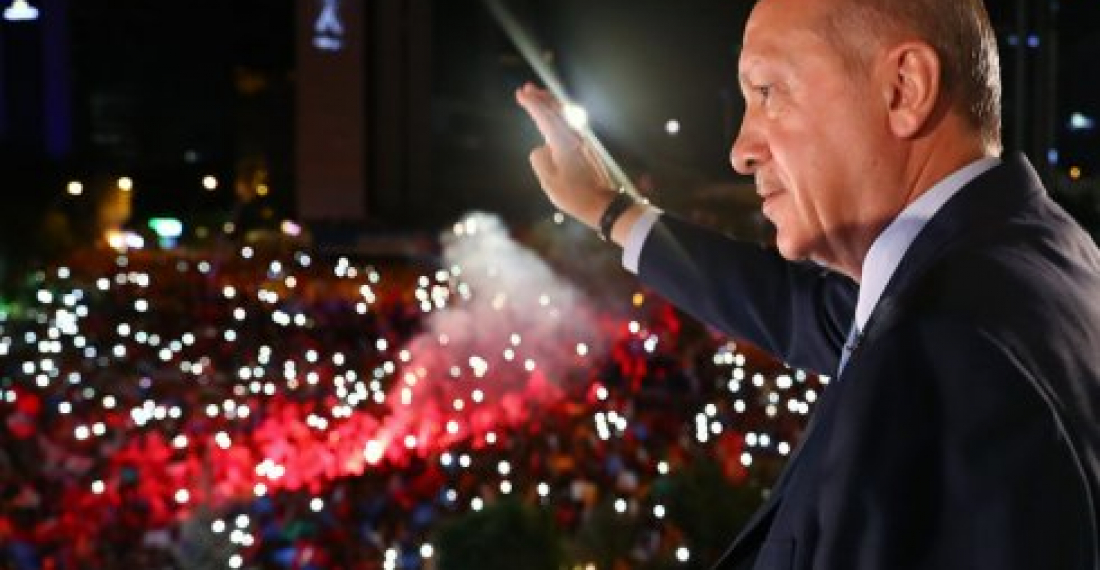Recip Tayip Erdogan has been re-elected President of Turkey securing 52.5% of the votes in a hotly contested election. Fifty million Turks cast their vote in the poll, which also gave the coalition led by the AK party a majority in parliament.
This was the first election under a new constitutional system that will see more powers in the hands of the president. The election campaign was characterised by a surge in the popularity of the main opposition candidate, Muharrem Ince, who however in the end only secured 30.7% of the vote. The opposition strategy of trying to force a second round by denying Erdogan an outright majority in the first round, failed.
Another feature of the election was the fact that one of the opposition candidates contested the presidential election from prison. Selahattin Demirtas got more than 4 million votes, securing a third place in the vote with 8.4%.
In the parliamentary elections five parties appear to have crossed the 10% threshold to secure seats in the new parliament. Erdogan's AK party got 42.5% of the vote, securing 293 seats - not enough for a majority on its own. Its partner in the election, the nationalist MHP party however won a further 50 seats (11.1%), enabling the two parties to form a majority coalition in parliament if they so wish.
The three opposition parties that will be represented in parliament are the CHP (22.7% of the votes - 146 seats), the HDP (11.6% of the votes, 67 seats) and the recently formed IY party (10% of the vote - 44 MPs).
source; commonspace.eu with agencies
photo: President Recip Tayip Erdogan greeting supporters after his re-election as president of Turkey (picture courtesy of the press service of the Turkish Presidency)






